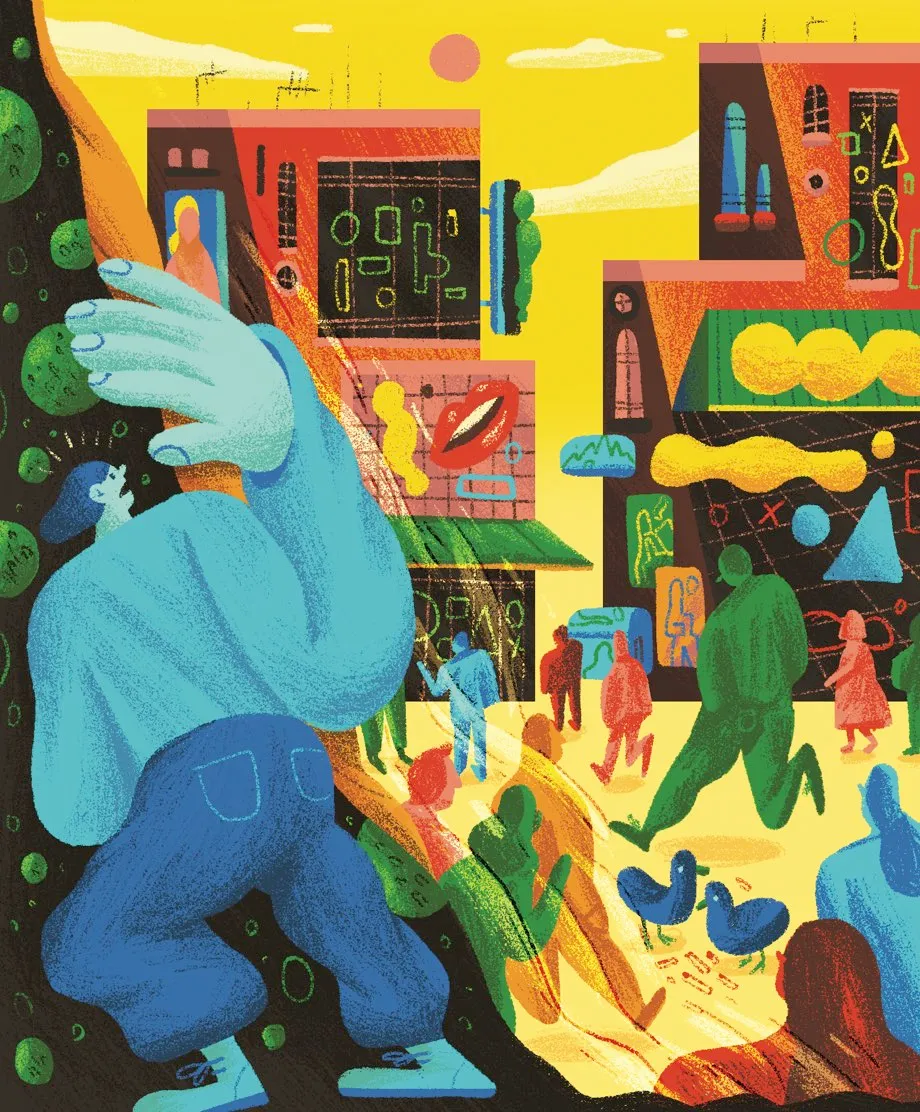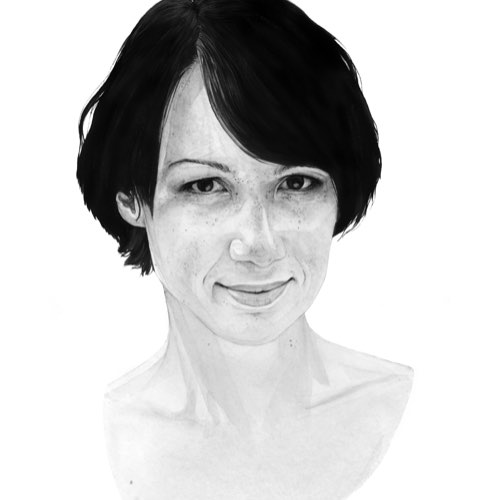I can’t believe it was only a few months ago that I wrote about how excited I was that theme parks were set to open for the season. A few weeks later, we were confined to our New York City apartment, with home HEPA filters and ambulance sirens our new constant soundtrack.
We watched in disbelief as our friends and family in countries with rising numbers of COVID-19 cases blithely tripped out to the pub, to the cinema, to restaurants, to school, to the office. We began to feel like emissaries from a traumatised future, shouting down video calls, “Get inside!” and “Wear a mask!”, and “It’s coming for you next!”.
No one believed us. We felt the same impotent rage as the person who sees clearly while everyone else disregards them in every disaster movie ever made.
Now, because of the extraordinary work that this city and its residents have done and continue to do, we are opening up.

Being in the epicentre of a pandemic has its privileges: we have widespread testing. Wearing a mask outside is a no-brainer. The subway is cleaner than it has ever, ever been.
With small changes in behaviour, our numbers remain low. On the first day that there were no reported COVID-19-related deaths in the city, we applauded for the frontline workers around the corner at the hospital, across the street at the nursing home, in the funeral home down the block until our hands were bruised.
Like people in other former hotspots that acted swiftly and decisively, our family is now in the astonishing position of making decisions about how to slowly creep out of our cocoon into a transformed world. And our decisions are full of contradictions: we are avoiding crowded places, but we marched – masked, socially distanced and slathered in hand sanitiser – in a family Black Lives Matter protest.
We have a beer with our neighbours, and our kids play together in our connected back garden, but we can’t make impromptu autonomous decisions about what we would like to do outside the house, because our actions affect them too.
There are so many things we once took for granted that we now interrogate. It can be exhausting.
Read more from Aleks Krotoski:
- Despite school closures, our children will be OK
- The perils of unequal internet access
- Death will force us to test technology in ways it was never meant to be used
But look, if the top researchers in the world can’t pin this thing down, why should we give in to what we want, rather than what we need? All we want is the ‘usual’. In a recent episode of Digital Human, we explain how this desire is obscuring our vision of how the world has changed.
We have no right to return to pre-COVID ways of being; it will put our communities in danger. Tripping back into ‘normal’ without recognising that things have dramatically changed does a disservice to our human capacity to adapt. No amount of wishful thinking will make our old habits relevant.
Until such time as weighing up whether or not it is a good idea to go out, to protest, to travel and to go to a theme park becomes the new normal, we will be reminded of the transformation that has been forced upon us. And then, we will resist change again.
- This article first appeared in issue 353 of BBC Science Focus - find out how to subscribe here
